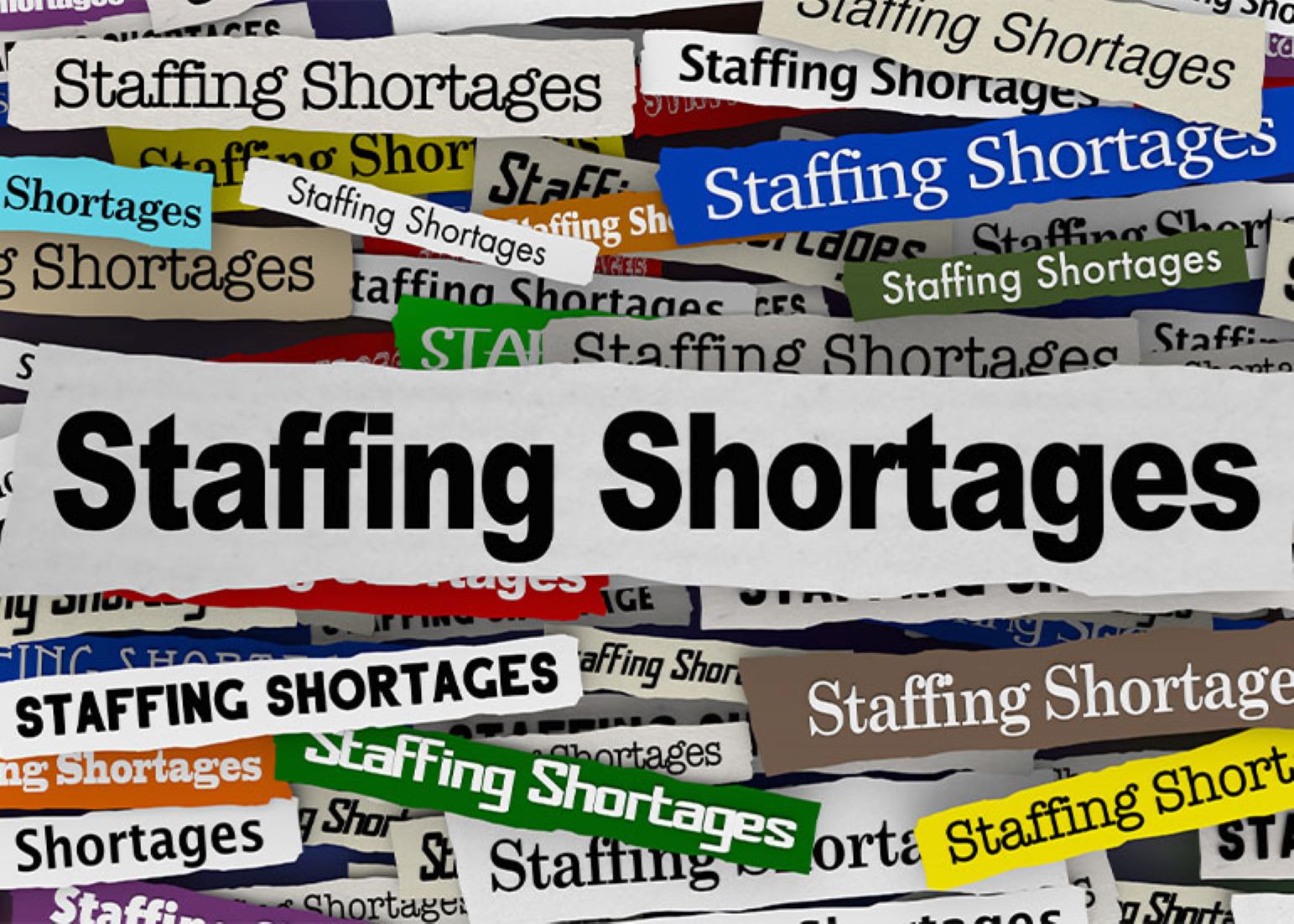CANBERRA, Aug 9 (NNN-AAP) – Australia’s peak universities body, warned that the nation’s skills shortage will cost billions of dollars every year, without action to help more students graduate.
In a speech to the National Press Club today, Universities Australia chair, David Lloyd, revealed that, low university degree attainment rates will cost the economy seven billion Australian dollars (4.5 billion U.S. dollars) by 2026.
Ahead of the final report from the landmark Universities Accord, being handed down later this year, Lloyd said, more university degrees were needed to address skills shortages.
“The National Skills Commission’s employment projections show that, in the next few years, more than half of all new jobs will be highly skilled – meaning they will require a university qualification,” he said.
“The looming iceberg of skills shortage requires a much shorter turning circle than the provision of traditional three-year degree programmes, if it is to be avoided.”
The Skills Priority List for 2022, which was released by the National Skills Commission (NSC) in Oct, revealed that 286 out of 914 occupations – 31 percent – struggle to fill vacant jobs.
According to the database, registered nurses, software engineers, care workers, construction managers, childcare workers and mechanics are the most in-demand employees in Australia.
In response to the growing crisis, the government in 2022 convened the National Jobs and Skills Summit, and established the Universities Accord to review the higher education system.
The inquiry’s interim report recommended the abolition of the previous government’s Job-Ready Graduate Scheme, under which students who failed more than 50 percent of their classes were no longer eligible for Commonwealth funding for their studies.
Its final report will focus on reforms to boost the number of students who graduate.
“We owe it to ourselves, and the nation, to interrogate all the areas in focus appropriately and deeply, so that the outcomes drive our universities and underpin their success,” Lloyd said.– NNN-AAP






